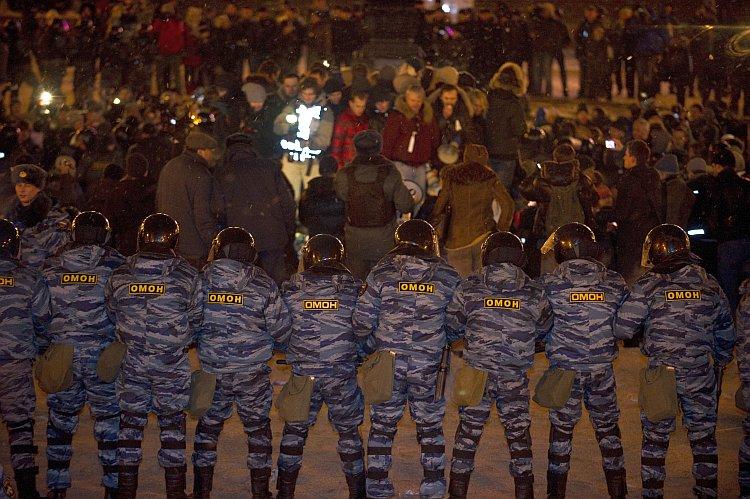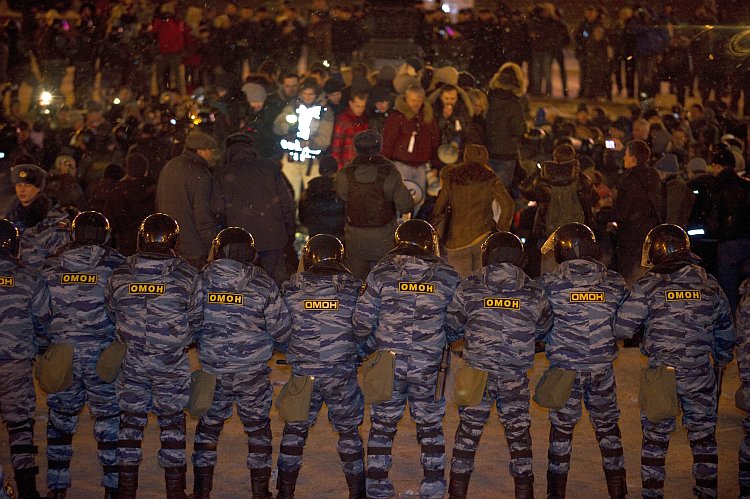A day after Vladimir Putin took a 63 percent win in presidential elections, putting him right back in the spot of president that he left four years ago, European observers joined critical voices stating that the elections were skewed in Putin’s favor.
Observers from Organization for Security and Co-operation in Europe (OSCE) and Council of Europe said that the elections were “unfair” despite some procedural innovation, in particular live video monitoring of voting.
“There were serious problems from the very start of this election. The point of elections is that the outcome should be uncertain. This was not the case in Russia,” Tonino Picula, one of the heads of OSCE observer mission, said at a press conference in Moscow.
“There was no real competition and abuse of government resources ensured that the ultimate winner of the election was never in doubt,” he continued.
In turn, showing up before thousands of his supporters in the center of Moscow a few hours after the end of voting on March 4, Putin said that he had gained a “flawless victory in an open and fair fight.” According to Russian central electoral commission, Putin got over 63 percent of the votes.
The foreign mission assessed the voting positively, but found many irregularities taking place during the vote count in almost a third of the polling stations.
Golos (Voice), an independent monitor group in Russia, reported that there were about 3,000 irregularities, many related to ignored administrative procedures.
Before the presidential elections Putin dodged taking part in televised debates while state TV channels broadcast a series of documentaries portraying him as an indispensable leader.
He also banned several opposition parties, such as that of former Prime Minister Mikhail Kasyanov, from running against him, alleging they were sponsored by the West.
“In this election, candidates could not compete on an equal footing. Although the authorities made some effort to improve transparency, there remained widespread mistrust in the integrity of the election process,” said Ambassador Heidi Tagliavini, the head of observation mission of the OSCE.
Before the elections, Putin repeated old and unfulfilled promises of political reform, raising public wages and pensions, and solving the problem of state corporations draining the national economy by privatizing profits and nationalizing losses.
In his speeches, Putin spoke less about corruption and the lack of rule of law, and paid more attention to themes of modernization and innovation.
The state deployed military and police forces in central Moscow and other cities on Monday as tens of thousands of protesters took to the streets demanding fair elections and chanting “Russia without Putin.” Police reportedly arrested dozens of people.






